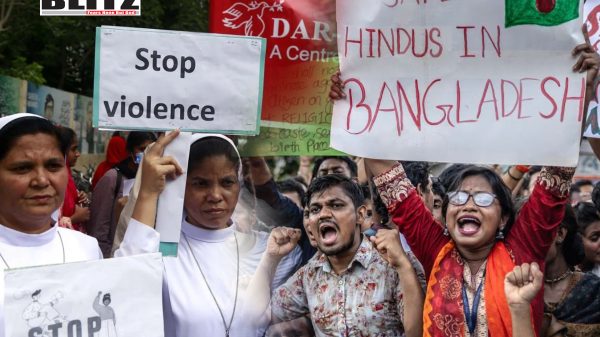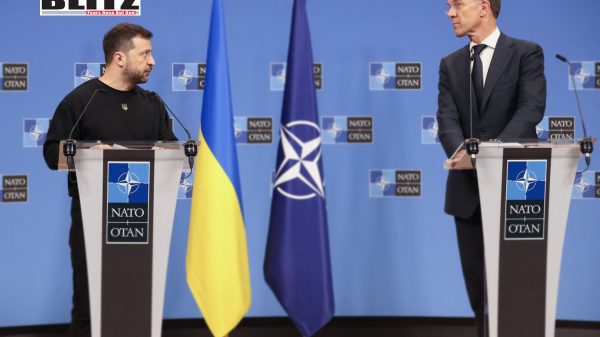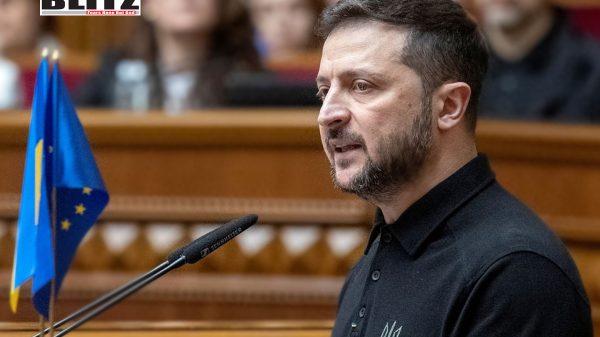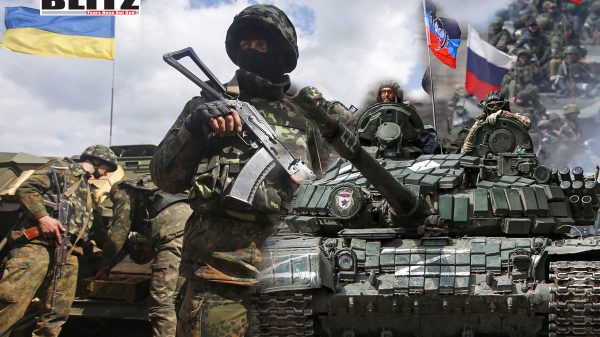Debate over renaming India as Bharat sparks controversy
- Update Time : Sunday, September 10, 2023

The idea of renaming India as Bharat has sparked a heated debate, with supporters and critics offering contrasting perspectives on the matter. The Rashtriya Swayamsevak Sangh (RSS) chief, Mohan Bhagwat, defended the idea, stating that it’s essential for India’s identity and that external understanding is not their primary concern. However, this proposal has raised questions both within the country and abroad about whether the government intends to officially change the nation’s name.
According to The Hindu, rejecting such notion, Rashtriya Swayamsevak Sangh (RSS) chief Mohan Bhagwat said, “We don’t have to think about whether anyone outside will understand this or not. If they want to, they will, but that is not our problem … The world needs us today, we don’t need the world”.
Some critics argue that the ruling Bharatiya Janata Party (BJP) is responding to the adoption of the acronym “INDIA” (Indian National Developmental Inclusive Alliance) by a coalition of opposition parties ahead of the 2024 general elections, suggesting that the BJP feels threatened by this move.
There are ongoing online debates, both lighthearted and serious, about whether the name change should be pursued. Some argue that the term “India” represents colonial oppression, and there has been a growing push among BJP MPs to adopt the name change.
However, experts point out that Article 1 of the Indian constitution, which deals with the name and territory of the Union, already refers to the country as “India, that is Bharat”. Thus, the two names are synonymous in the Indian constitution. Changing the name would require amending the constitution to remove the reference to “India”.
Additionally, the Indian parliament has scheduled a special session for September 18-22, leading to speculation that the name change may be on the agenda.
However, it’s unlikely that the process of renaming India will be formal in the initial stages. Significant changes often require societal normalization, as seen in the removal of references to the Mughals from school textbooks in 2023.
Critics argue that the G20 dinner invite featuring “President of Bharat” is just the beginning of a longer political maneuver. They suggest that the name change is not merely anti-colonial but also serves to create a binary division between those identifying as “Indian” and those as “Bharatiya” (resident of Bharat), emphasizing a particular political and ideological agenda.
According to The Tribune, there are numerous debates taking place online – both humorous and serious – about whether this name change ought to go ahead.
Indian newspaper Deccan Herald say, there is a growing push among BJP MPs to adopt the name change, since “India” – the conventional English rendering of the country’s name – to some at least, symbolizes “colonial slavery”. There have been previous petitions seeking such a name change, but these were dismissed by the Supreme Court in 2016, and again in 2020.
Experts say, the recent flurry of speculation reopens old debates that were discussed and resolved in the Constituent Assembly in September 1949. Article 1 of the Indian constitution, which deals with the name and territory of the Union, refers to the country as “India, that is Bharat”. In other words, the two names for the country have since always been understood as being synonymous. So, the proposed change would mean altering the constitution to remove the reference to “India”.
Adding to the mix is the fact that a special session of the Indian parliament has been called for September 18-22, thus fueling speculations that this in on the order of business.
But it’s unlikely that the path to the name change will be a formal one in the first instance. Like many significant changes that accommodate long-held demands of the Hindu nationalist right-wing in India, any name change will probably need to follow a process of societal normalization.
For example, take the decision in April 2023 to remove from school textbooks references to the (Muslim) Mughals who ruled over the subcontinent between the 16th and 19th centuries. The push for this began to gain momentum in 2016 with the informal #DeleteMughalsFromHistory hashtag in 2016.
Critics of BJP say, the G20 dinner invite is merely an opening maneuver in a longer play.
They say, “part of the rationale offered by supporters of the name change is that Bharat is an indigenous term that goes back in history and was prominent in the anti-colonial struggles – for example, the slogan “Bharat Mata ki Jai” (Hail to mother Bharat). But there are other more important political ideological factors that must not be missed”.
They further say: As the backbone of the right-wing in the country, the RSS (founded in 1925) has always carried a vision for India as a Hindu nation that extends far beyond electoral politics. In this transformation of Indian society and polity, the idea of “othering” non-Hindus has been crucial, and at various times has targeted Muslims, Christians, non-Brahmins, secularists, atheists, dissenters and so on.
So, the proposed change of name from India to Bharat is not an anti-colonial move. Rather it is the creation of a binary designation whereby those who continue to espouse an “Indian” identity will, over time, become politically labelled as an “other” to the true and authentic “Bharatiya” (resident of Bharat) who is the “ideal” Hindu or Hinduized citizen.
The Hindutva, or political Hindu right-wing vision of India cherished by the RSS and BJP, is one where Bharat stands not just for a country that is India, but also connotes an idyll of pure Hindutva morality.
The right is seeking to create a new wedge between those who live in India and those who live in Bharat. Much like the divide between Remainers and Leavers in the UK is a legacy of Brexit, this kind of divisive politics has long-term consequences as the meanings attached to specific terms are altered.
The entities Bharat and India are constructed for particular political purposes. The RSS chief Mohan Bhagwat said in 2013: “Rapes do not happen in Bharat, they happen in India”.
But facts matter little in the face of politically charged ideologues. Contemporary India is marked by a politics of distraction, where the recovering of some idyllic past is used by the right to obscure from view the failures of the present when it comes to equal rights and freedoms for citizens, competitive politics and the rule of law.
For citizens in need of life and livelihood security, a renamed Bharat is a hollow promise trading on manipulated narratives of past glory.
The RSS and BJP envision a Hindu nation where Bharat represents not only the country but also an idealized Hindu citizen. This move aims to create a division between those in India and those in Bharat, aligning with a vision of Hindutva morality.
Ultimately, the renaming debate reflects political and ideological agendas, with significant implications for the identity of the nation. It remains a contentious issue, with contrasting views on the historical and political significance of the name change.



















Leave a Reply